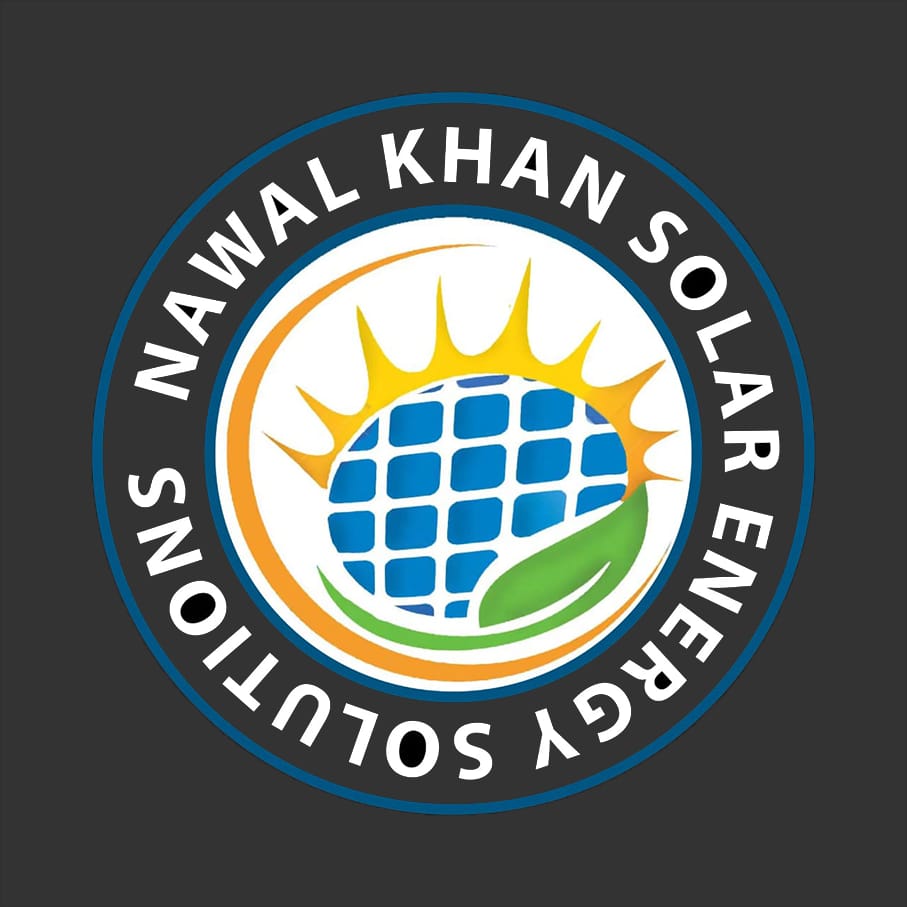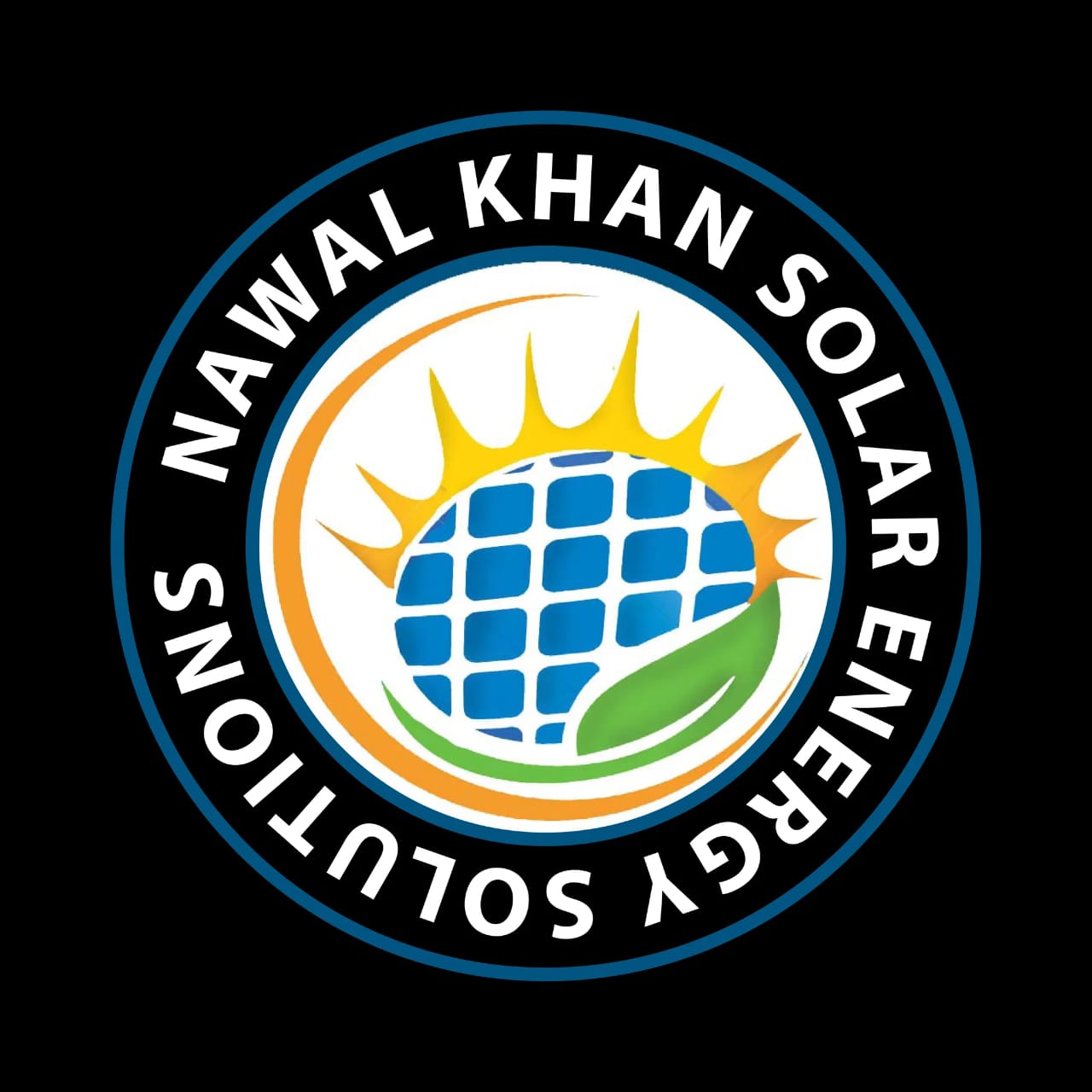Solar Inverter
With the rising interest in renewable energy sources around the world, the demand for solar systems has increased rapidly. The sun's capacity to power a whole home is both a big environmental benefit (think of all the electricity saved!) and a great use of a resource that we have several hours of each week. In a solar energy system, solar inverters, also known as PV inverters, play a significant role. They are commonly referred to as a project's brains. Alternating current (AC) electricity powers our modern equipment. Your solar panels, on the other hand, provide direct current (DC) electricity. You'll need an inverter to convert DC electricity to AC power in real time to use this solar energy in your house or business. The inverter on a solar panel is useful for converting direct current to alternative current. An inverter is one of the most important pieces of equipment in a solar energy system. It can monitor the system and provide a portal for communication with computer networks in addition to converting solar energy into AC electricity. Solar systems with battery storage rely on modern inverters to run without any grid backup in the case of outages.
1. Convert DC to AC power
An inverter's key role is to transform the direct current (DC) electricity generated by solar panels into alternating current (AC) power that may be used in homes and businesses or immediately put into the grid in case of net-metering projects.
2. Report on power production
Inverters make it possible for solar owners to keep track of the power output of their solar systems. Solar owners can view error codes, diagnostics and power production information from inverters on their computers or even on dedicated smartphones.
3. Ensure safe system operation
Because inverters are made up of so many electronic parts and perform numerous duties, you shall choose modern PV inverters which can automatically switch off in cases of solar energy system malfunction.

